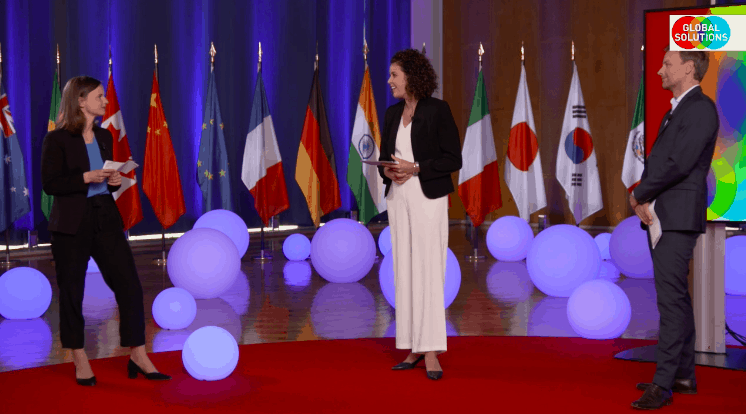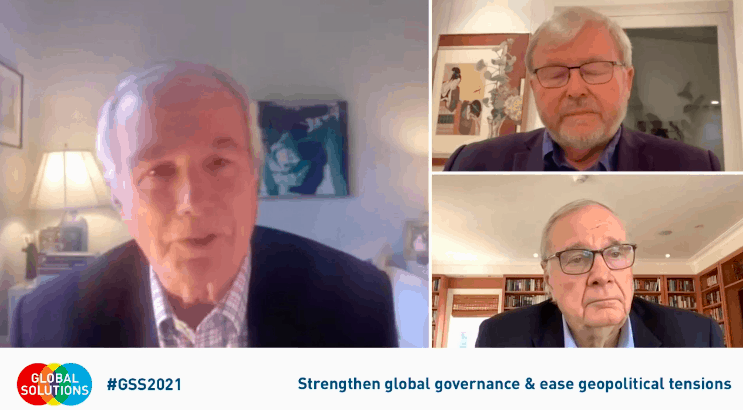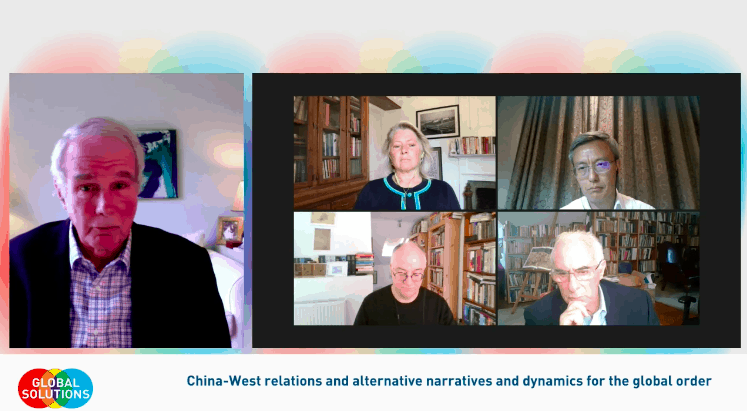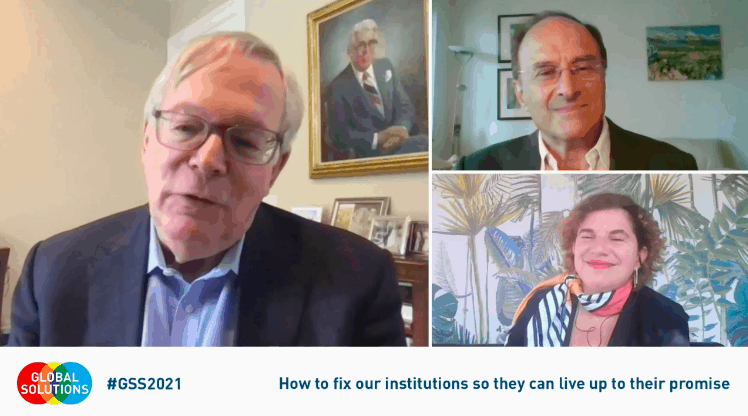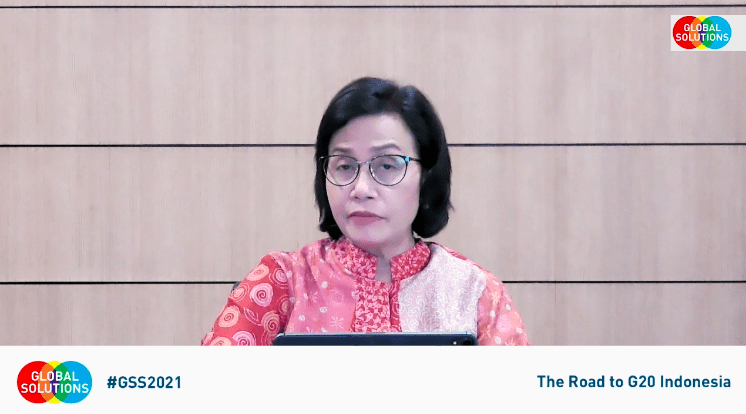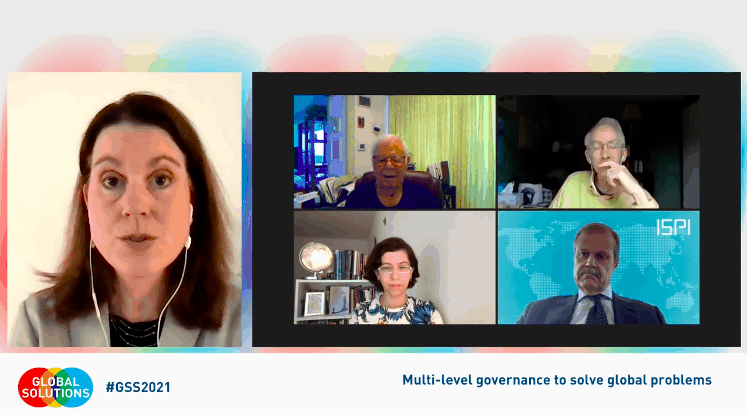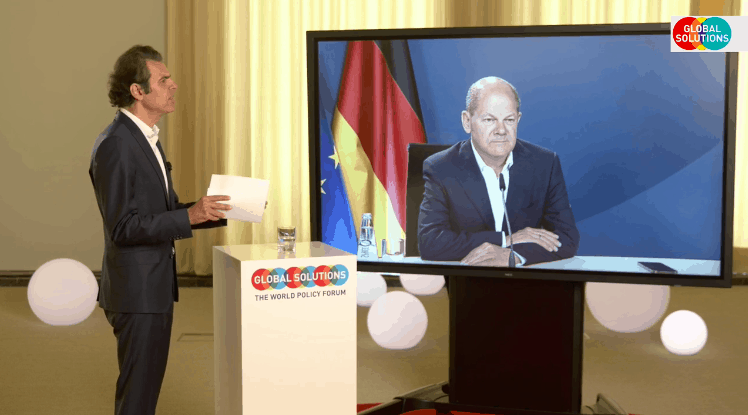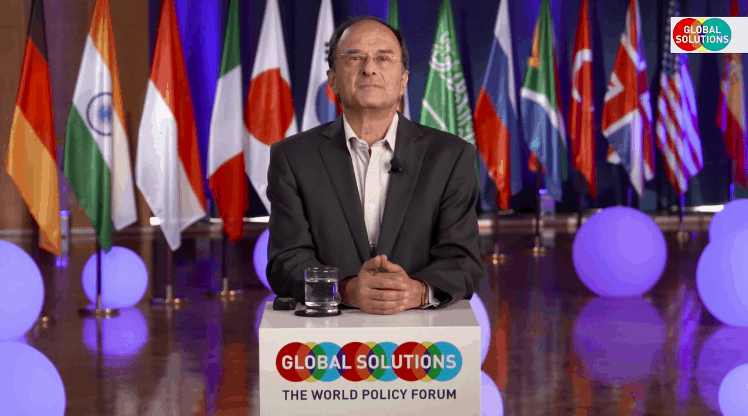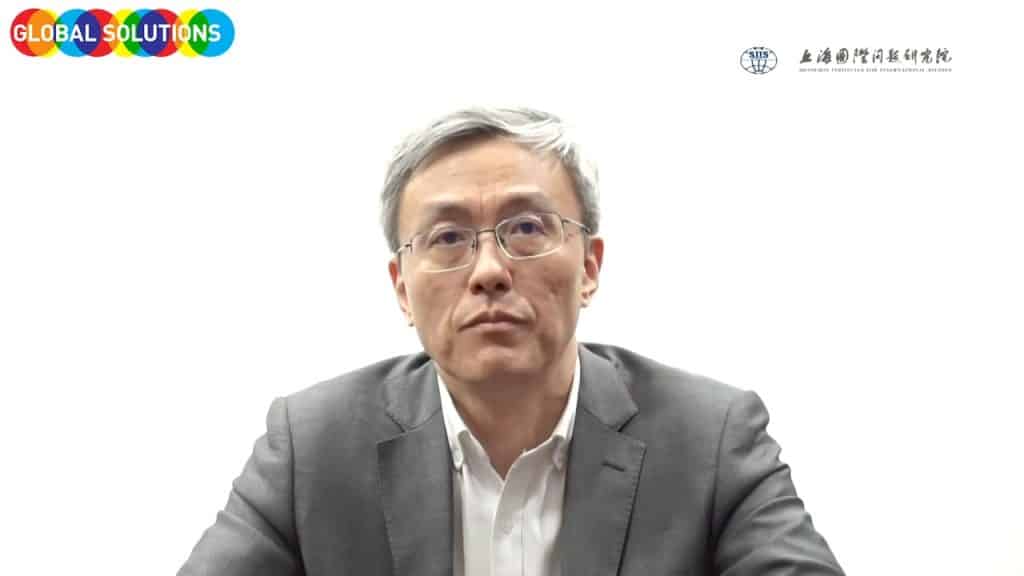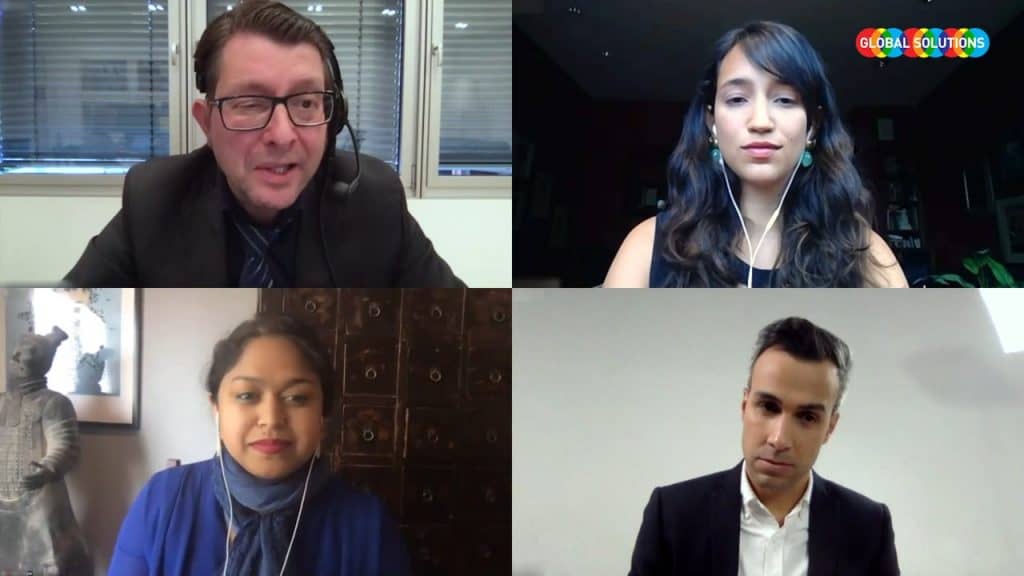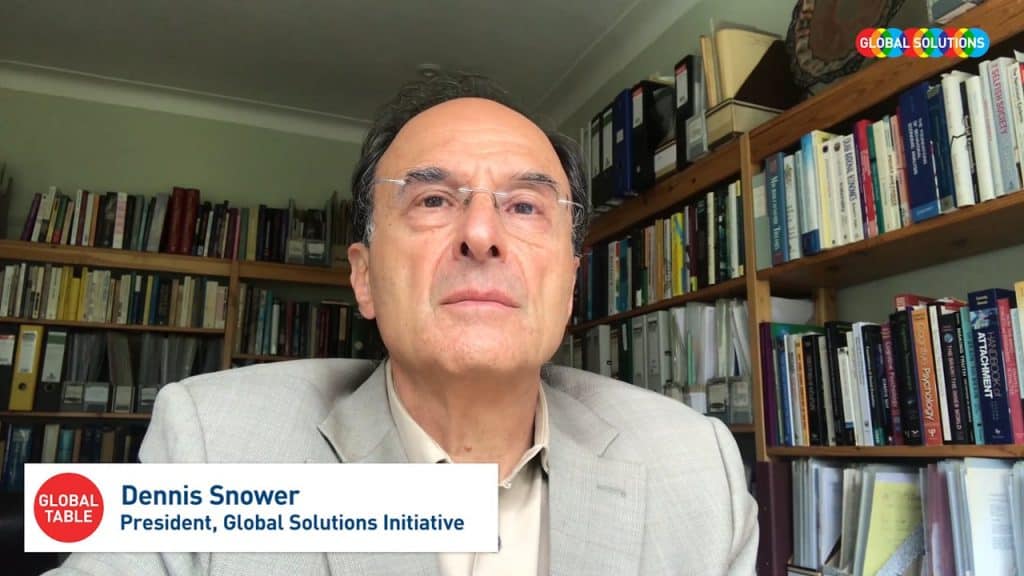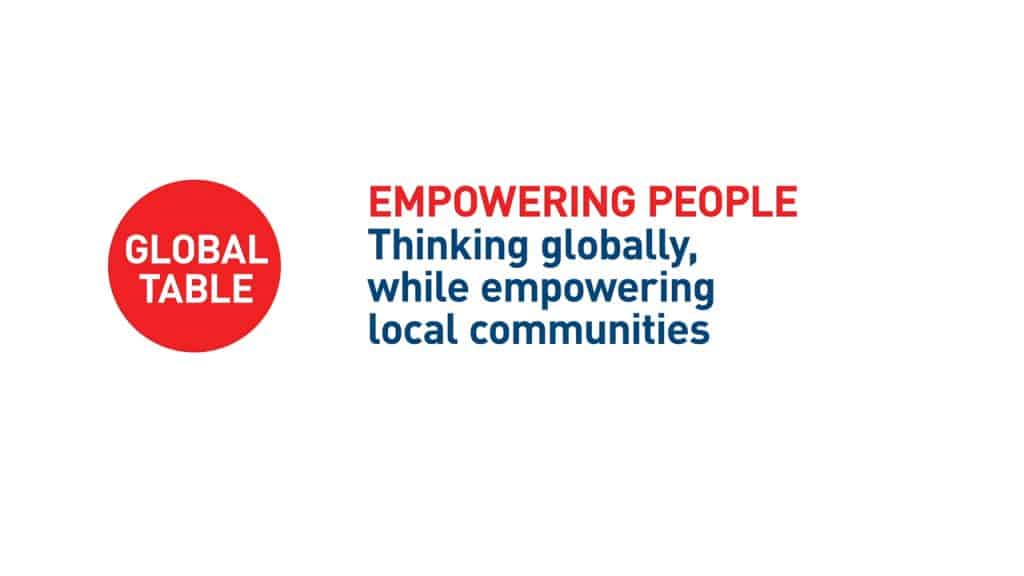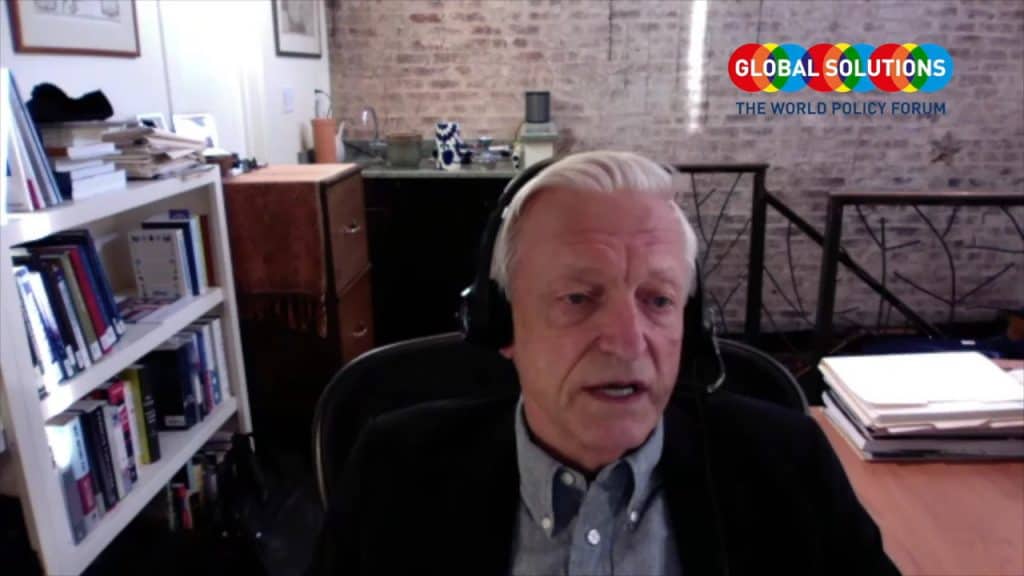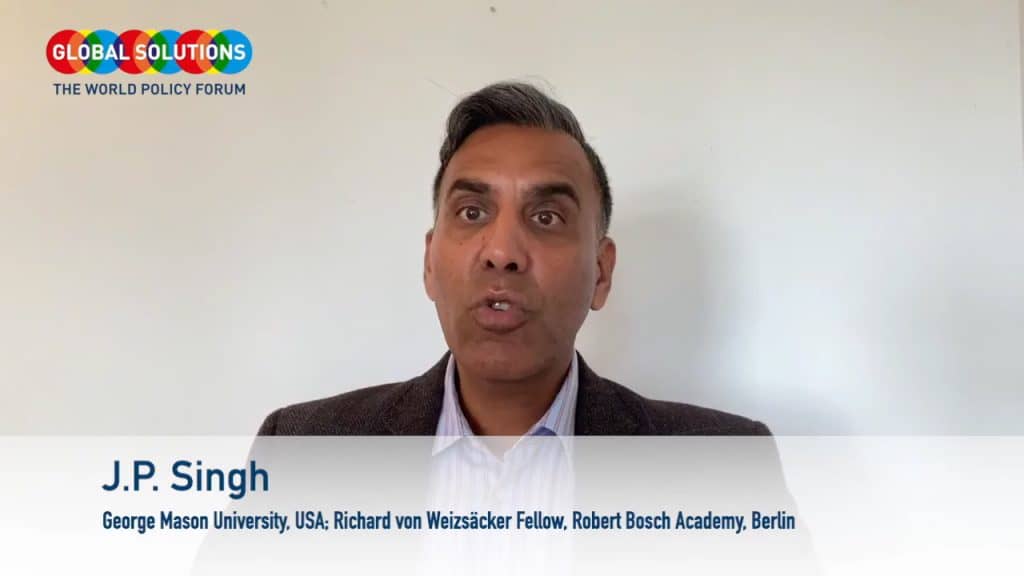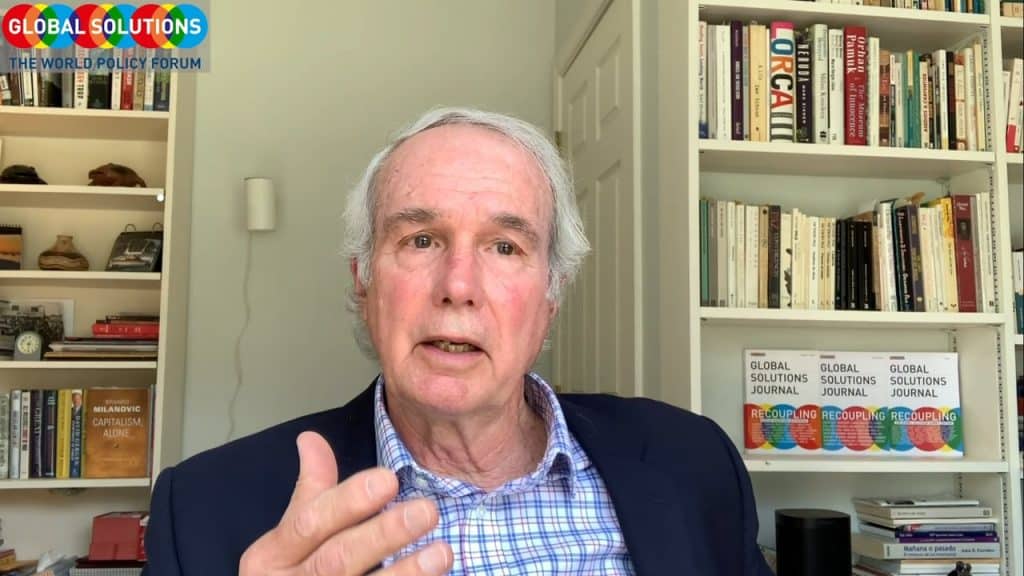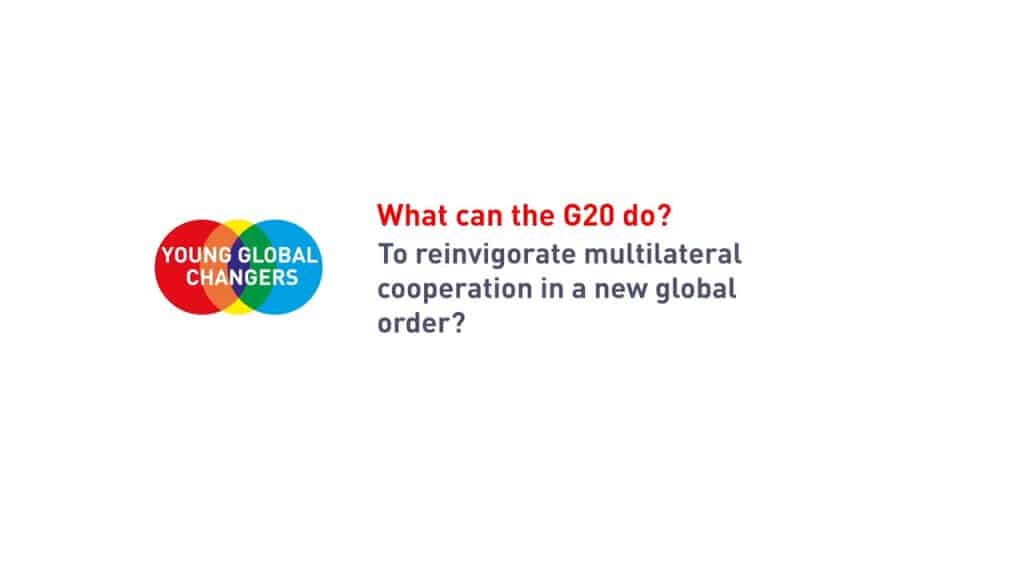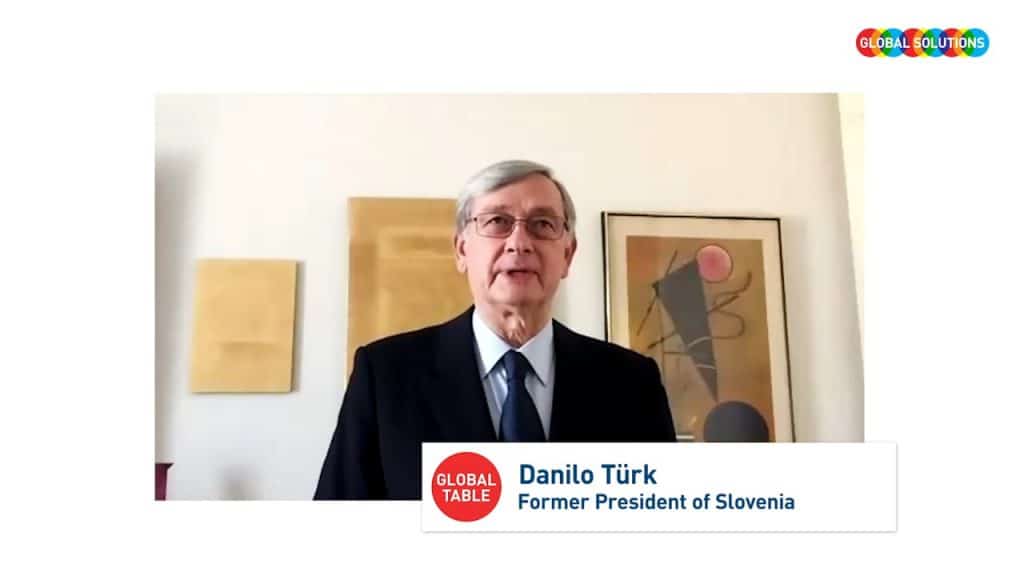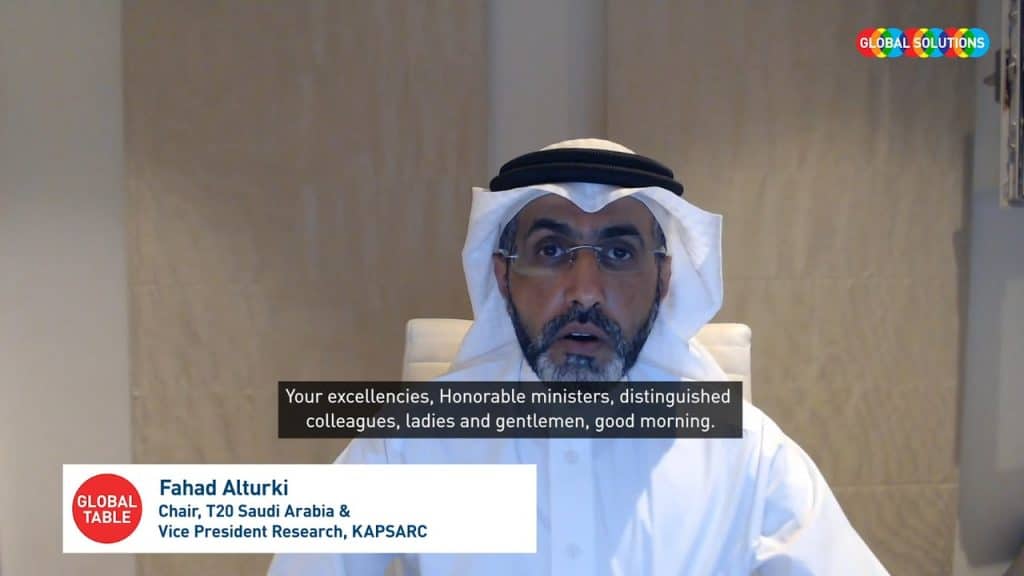Do you have ideas for a Global Solutions Hub or would you like to submit your own Solution Session? Please contact us ([email protected]).
In the past the G20 has shown its great potential to deal with a global crisis. Its decisive policy impulse ensured that the 2008 financial crisis did not lead to another Great Depression. The COVID-19 pandemic is another global crisis, which requires coordinated and bold action globally. The pandemic demonstrates powerfully the need for multilateralism, enabling different countries with distinctive political, economic and social systems to come together to address problems that are shared by all. This Global Table will provide insights on how the G20 is helping to overcome the consequences of the pandemic. It will also explore how the learning from this response may be applicable for other G20 challenges, ranging from climate change to financial resilience and from the future of the international trading system to the future of work.
Visit this Global Solution HubSolution Sessions
Experts
When G7 and G20 leaders gather at their summit table, they agree on a plethora of commitments that affect most aspects of global governance, and affect the daily lives of people not only in their own countries but well beyond. Never before has compliance with those commitments mattered more than it does today — with the world struggling to contain the still escalating COVID-19 pandemic, and the consequent economic, social and ecological crises.
Even as G7 and G20 members work to implement their commitments their leaders made last summer at Osaka and Biarritz, they must do so for the ones from the emergency summits called to confront these proliferating crises this spring. How well are they doing? The panellists in this discussion look at the need for compliance, the effectiveness of the G7 and G20’s efforts, and what the most recent research shows about the performance of the 2019 Osaka and Biarritz Summits.
Visit this Global Solution HubSolution Sessions
Experts
Despite being of comparable economic weight to the US and China, its most prominent global competitors, Europe has not been as influential as a power in global governance. Lacking the ‘hard power’ derived from military capabilities, it has laid claim to a ‘soft power’ of normative influence externally. Nor, despite some successes, has Europe been able to exercise the power to coerce – ‘sharp power’ – as systematically as its global rivals. Yet, it should be recalled not only are five European countries members of the G20, but also the EU is a member in its own right.
In light of the current COVID-19 crisis and against the backdrop of the severe global economic downturn authors and commentators of a Dahrendorf Forum scenario report will build on the analytic approach in these scenarios to debate questions like: As in 2008/9, a coordinated response to the economic crisis is required, how well placed is Europe to lead in the G20?, Is a more internationalised euro still a realistic ambition and can it, too, become a tool for a better coordinated response?, What is next for the WTO in the face of US intransigence?
Visit this Global Solution HubSolution Sessions
Experts
The current pandemic has led to a dramatic contraction in global trade. Lockdowns and travel restrictions have disrupted international supply chains and the movement of people. It has also exposed national vulnerabilities that governments will need to address and has advanced the rise of anti-globalist sentiments. We are looking at a shift in the balance of national autonomy and globalization.
At the same time, there is no doubt that the pandemic is a global challenge that requires a multilateral response. This Global Table will provide insights on the effects this crisis will have on globalization. Which parts of the economy will experience a rebalancing of efficiency and resilience? Which sectors might see an increase in globalization? How to strengthen multilateralism in order to better address future crises? And how does this crisis affect climate action?
This Global Table was part of a two-day workshop on the economic impact of the Corona pandemic, organized by Forum New Economy, a Berlin-based platform promoting innovative concepts to make economic and societal trends more sustainable.
Visit this Global Solution HubSolution Sessions
Experts
Curated and produced by The Solutions Lab – Scaling for Sustainable Infrastructure, a joint initiative by GIZ and the Global Solutions Initiative
Global cultural anxieties are shaping responses to multilateralism at the deepest possible level and reported in daily headlines.
This keynote and panel address the viability and need for mobilizing multilateral values from a cultural perspective. The keynote and the panelists have recently contributed to a book on this subject “Cultural Values in Political Economy” (Stanford University Press, July 2020). Members of the panel have advised international organizations such as UNESCO, the World Bank, and the WTO and serve in distinguished capacities for foreign relations in the United States, Canada, and Australia.
How do cultural values affect the political economy of multilateralism and global governance? How can global civil society and states understand and mobilize cultural values that affect issues such as international trade, environmental sustainability, and international cultural flows such as through arts, migration, and education?
The goal of the session is to highlight the importance of cultural values and to operationalize them for global governance. Solutions proposed include shifting the discourse from environmental accountability to responsibility, including norms of cultural diversity in global governance, managing the cultural obstacles to international trade, and fashioning new cultural narratives of multilateralism and cosmopolitanism.
Technical support by Paul Nooney, Schar School of Policy and Government, George Mason University.
Visit this Global Solution HubSolution Sessions
Experts
Curated and produced by China-West Dialogue
The Future of Multilateralism and Global Governance, for better or worse, hinges on the relationship between the United States and China. The growing rivalry is being driven by conflicting narratives in each country about the other. This spiraling dynamic is out of control. What can be done?
The China-West Dialogue was founded to address this challenge to global governance. The CWD group of thought leaders has insisted that there are alternative ways to reframe, rebalance and reconceptualize the US-China relationship. Doing so requires focusing on China-West relations. We have brought together experts and former officials including Europeans, Canadians, Chinese, Americans and others all in an effort to pluralize the narratives, the relationships, the tone of the global discourse of the global order.
Through this Global Table, we are inviting you to participate in an effort to involve more China related issues and more China, international relations and economic experts in our own deliberations and in preparations for the fifth Global Solutions Summit in Berlin in 2021. It has been curated and produced by the China-West Dialogue principals Colin Bradford, Yves Tiberghien and Alan Alexandroff and our technical support from Centennial College, Akrit Michael, Meredith Omstead, and Chi An Phoon.
Visit this Global Solution HubSolution Sessions
Experts
Over the last 75 years, multilateralism has been a strong driver and pillar of global peace and prosperity. At the same time, and especially more recently, globalization and current forms of global governance have been viewed as infringing on national sovereignty and constraining democratic decision-making. With populism, protectionism and nationalism on the march, a growing number of governments lack the commitment, or the domestic backing, required to forge stronger multilateral ties. The narrative of multilateralism as a means to enhance the well-being of all nations and people has been overtaken by a narrative of disempowerment over national social prosperity and experimentation with new public policy choices. Unfortunately, while politicians debate the merits of global cooperation, the window of opportunity to address inherently globalized problems such as pandemics and climate change is closing.
A new rules-based multilateral order fit for the 21st century ought to accommodate legitimate institutional diversity and demands for policy autonomy, while ensuring adherence to universal values, prevention of beggar-thy-neighbor policies, provision of global public goods, and management of the global commons. All too often treated as an end in itself, multilateralism must be reimagined as a means to empowering citizens and enhancing social prosperity. What are the major normative gaps today related to the global governance system and its role? Should countries be granted more policy space by reducing the scope of multilateral action? If so, what essential traffic rules or general principles are needed to ensure a minimum level of cooperation and coordination? Given the desirability of subsidiarity, what is the role of subnational actors and plurilateral clubs in this framework? Should non-state actors (including civil society and corporations) be mobilized in order to advance global normative change and catalyze collective action? Which existing institutions have the necessary legitimacy to redefine the rules of multilateral engagement? Can the G20 play a leadership role to advance a reform of the international institutional system?
Visit this Global Solution Hub

